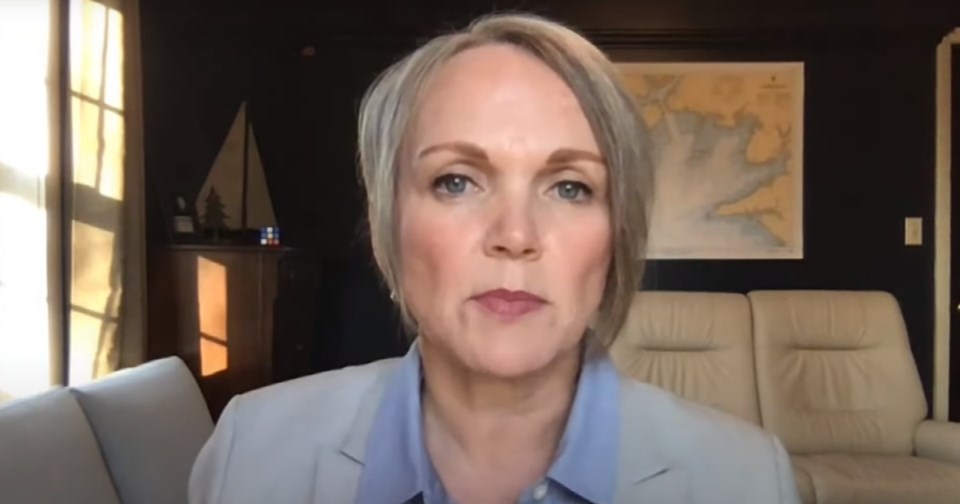Farmers across Canada need the federal government's help to pay for new COVID-19 costs and address a labour shortage, said a group that represents 200,000 farm families.
“If we do not, as a nation, address the rising challenges immediately, Canadian consumers could see a decrease in the amount and variety of food at their local grocery stores, as well as higher prices in the months ahead,” said Mary Robinson, the Canadian Federation of Agriculture’s president.
New costs that producers have to face include purchasing the necessary personal protective equipment for employees and keeping livestock for an extended period of time as meat processing plants close.
“CFA and our members are asking government to create an emergency fund, a financial backstop, so farmers in need can access funds to help them overcome mounting costs,” said Robinson during an April 16 media conference.
“Canadian farmers need to hear a clear commitment from government to instill in them the necessary confidence for the 2020 planting season.
Robinson didn’t give any recommendation on how much should be set aside for the emergency fund.
The farm organization also said producers are also dealing with a large labour shortage.
“Normally spring is a time of great optimism and promise for farmers, but this year, many Canadian farmers do not have enough workers to consider planting a 2020 crop,” Robinson said.
The president said producers are making decisions right now on if they should plant crops that require less labour and inputs, or leave fields unplanted altogether.
“Another fear is that if planting does go ahead, will harvesting and processing be possible without sufficient labor or will crops rot in the fields as we are seeing now happening in other countries?”
Robinson said the federal government’s announcement on April 13 that they’d give assistance to help offset some of the significant costs to isolate temporary foreign workers as they arrive in Canada was a good first step.
“In regard to hiring domestic workers, we are working with government to come up with incentives to encourage Canadians who would not normally seek jobs in agriculture to do so this year.”
Michael Graydon, the CEO of the Food and Consumer Products of Canada, joined Robinson’s call from more support.
“We rely on Canada's farmers and farm workers as the first link in the food supply chain that will feed Canada through the coming difficult months,” he said,
“In turn, one in eight Canadians rely on the food economy for their livelihood and all Canadians rely on the essential food that we make.”
In a statement given to the Canadian Press, Marie-Claude Bibeau, the federal agriculture minister, said the government would look at the request.
“As our food producers and supply chains continue to adjust, we welcome recommendations provided by the sector as we work together to respond to the exceptional situation we are in,” Bibeau said in the statement.
“Farmers and food businesses are doing a huge service to feed the nation and they can be confident that their government has their back.”




